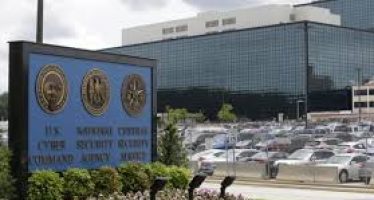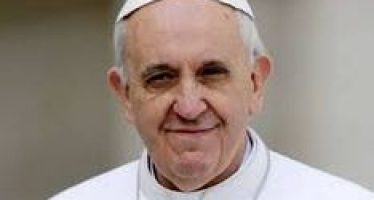Masoud Barzani: Walking a Tightrope
 The world’s largest nation without a country, the Kurds are slowly carving out a few slices of real estate to call their own. Decades of war and civil strife have weakened and toppled governments that stood between the Kurds and their aspiration to statehood.
The world’s largest nation without a country, the Kurds are slowly carving out a few slices of real estate to call their own. Decades of war and civil strife have weakened and toppled governments that stood between the Kurds and their aspiration to statehood.
In Syria, around the town of Sere Kaniyeh, local Kurdish leaders have managed to establish a de-facto independent enclave largely untouched by either government forces or rebel fighters. Run by the Democratic Union Party – aligned with the Kurdistan Workers’ Party (PKK) – the region is a haven of peace and the “third point” in the revolution that is levelling Syria.
In neighbouring Iraq, the Kurds are firmly in charge of their own autonomous region. Covering an area of almost 80,000km2 and home to well over eight million people, the Iraqi Kurdistan Region is a nation-building exercise on the grandest of scales. It also comes with more than an average set of challenges.
Leading the way is Masoud Barzani, scion of family of successful entrepreneurs and elected president of the autonomous region in 2009 with close to 70% of the vote. In 2013, the Iraqi Kurdistan Parliament extended President Barzani’s mandate by two years in order to gain additional time for the drafting of a new constitution.
“I will hand over executive power to the person chosen by the people. It is therefore of paramount importance that a process be put in place to allow for the democratic transfer of power.”
President Barzani has repeatedly stated that he is not interested in running for re-election once his term expires in 2015: “I will hand over executive power to the person chosen by the people. It is therefore of paramount importance that a process be put in place to allow for the democratic transfer of power.”
While the 111-strong parliament in Erbil shapes and frames the region’s political future, President Barzani has suspended all efforts at obtaining full independence. Though he has not renounced the idea of Kurdish statehood, the fight against the Islamic State (IS) now requires his government’s full attention.
President Barzani is walking the proverbial tightrope as he tries to stave off the ongoing offensive by Islamist militants who are not just encroaching on the autonomous region but also on other Kurdish enclaves in Iraq and Syria. So far, President Barzani has deftly managed to keep relations with Turkey on a civilised footing, although that country’s government remains wary of facilitating the delivery of both humanitarian aid and military supplies to embattled Kurdish enclaves besieged by IS.
A skilful negotiator and behind-the-scenes operator, President Barzani did manage to get both Turkey and Iran to discreetly supply his government with arms to fight IS in Kobane, a Kurdish town on the Turkish-Syrian border. The president revealed in mid-October that Turkey is also offering medical assistance to hundreds of Kurdish fighters wounded in the Battle of Kobane, including some forty members of the PKK – still outlawed by Ankara.
President Barzani has gathered an impressive level of foreign support for his efforts to forge a secular democratic state out of the turmoil. Though not without critics, he has established the trappings of an emerging democracy. Long-standing feuds between President Barzani’s own Kurdistan Democratic Party (KDP) and the Patriotic Union of Kurdistan (PUK) have been plastered over and replaced with a unified approach to the establishment of a Kurdish state-in-being and the fight against IS.
Perhaps not without flaws – he was criticised for insufficient financial transparency – President Barzani has been a bulwark against both the political and religious extremism that, at times, seems endemic to the wider region. He also offers a Kurdish voice distinct from the PKK and is, as such, much more acceptable to regional powerbroker Turkey without whose blessing any initiative to form a Kurdish state would seem doomed to failure.
You may have an interest in also reading…
Empty Threats: Little to Fear from the Chattering Classes
Western intelligence services are sounding the alarm over a possible terrorist attack soon to strike Yemen or another country in
Pope Francis: Repairing the Roman Catholic Church
Is he merely a window dresser or could he actually be the great reformer most Roman Catholics have been patiently
Volume of Investments Boosting the Real Estate Sector Reflected at Largest Ever Edition of Cityscape Egypt
Egypt’s leading international property event to Feature more than 100 Exhibitors. Cairo 24th of March 2014: This April will witness one















































































